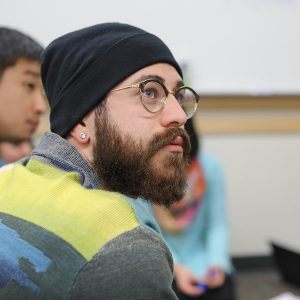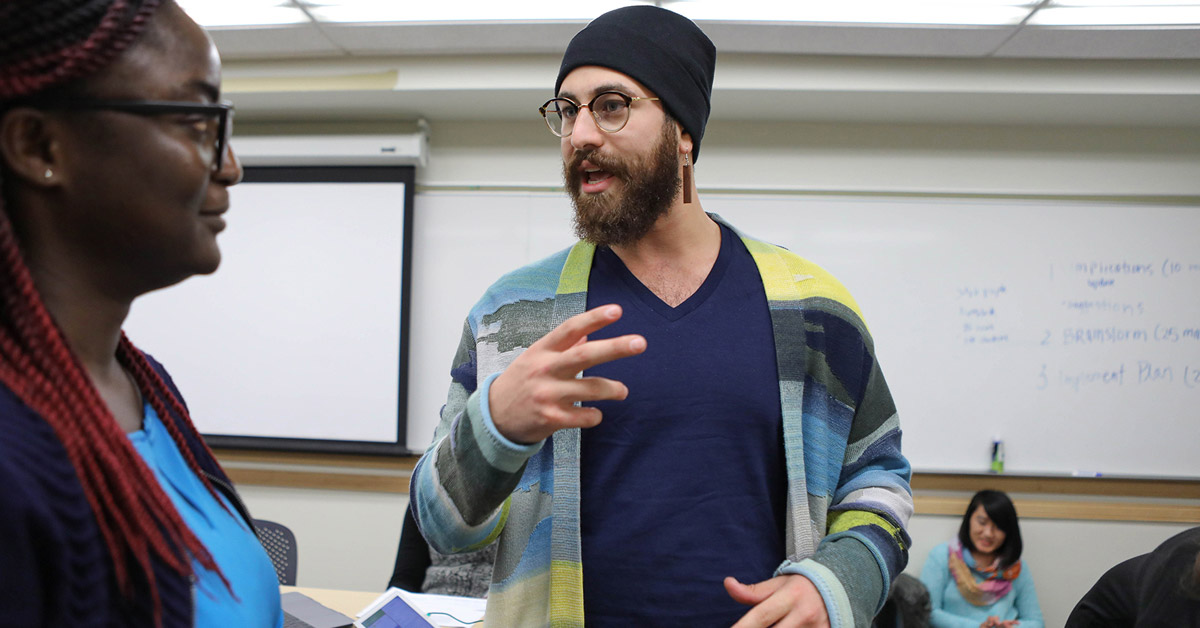"We need to work on building climate resilient communities, infrastructure, and health systems that can withstand extreme weather events, sea level rise, and changing landscapes."
“I fell into public health accidentally. As a sophomore in college, I was given the opportunity to join a project that experimented with using drones to deliver medical supplies to remote villages in rural Madagascar. I learned how important systems and institutions are and how to incite change by disrupting them. More importantly, I saw people who could live healthier lives when the political will was present.

After that experience, I searched for a place where I could gain the skills and knowledge to be a more effective change-maker. So, I enrolled in the MPH program and began working on harnessing the power of emerging technologies to improve population health.
I am terrified by the effects of climate change on our society. As of 2019, there were already almost 100 million climate refugees in the world. Today’s models predict that in the next 100 years land areas populated by more than a billion people will be overtaken by water. And essential infrastructure and agricultural production that we rely on for survival will be affected.
How we address this issue is the difficult question. We need people who are committed to improving health outcomes by fighting the effects of climate change from all sides and at every level. We need to stop fueling climate change by reducing/eliminating our greenhouse gas emissions. We need to work on building climate resilient communities, infrastructure, and health systems that can withstand extreme weather events, sea level rise, and changing landscapes. We need knowledge, creativity, and people who are willing to dedicate their lives to finding and implementing solutions.
All of these challenges are why I chose to become a Global Environmental Health MPH student at the University of Minnesota School of Public Health. The faculty are world renowned and they are experts on a wide variety of topics. The program is flexible and allows me to take courses that I’m interested in from the school’s other divisions and from other colleges in the University. When I moved here, I didn’t know anybody from Minnesota but now I’ve met tons of incredible people who I expect to be friends with for the rest of my life.”

